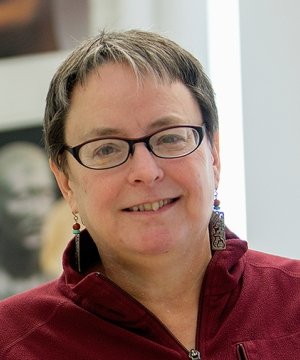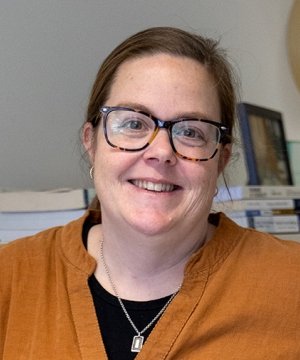Liberal Arts and Sciences: Humanities and Social Sciences — Anthropology concentration
Explore human cultures, past and present.
- Degree
- Associate of Arts
- Program Type
-
Transfer Degree
- Pathway
- Social Science
- Credits
- 64
The human story
Prepare for a future in research, education or cultural preservation with this concentration in Anthropology. Anthropology provides insight into diversity in cultures and peoples around the world, while helping you develop communication, critical-thinking and problem-solving skills.
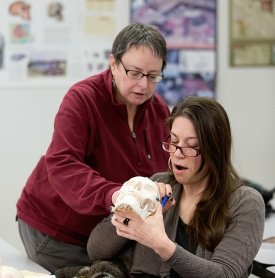
Educational journey
SUNY Adirondack's Anthropology concentration prepares graduates for further education. Popular transfer institutions for this program include: University at Albany | SUNY Plattsburgh | SUNY Potsdam | SUNY Binghamton
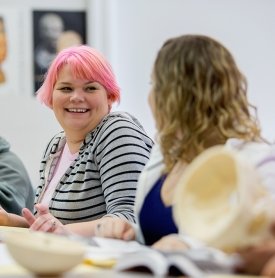
Field experience
Students gain practical experience from our annual archaeology field school. Students may take a Forensic Anthropology course, which includes a field project. SUNY Adirondack has an award-winning World Studies Club that provides opportunities for students to engage in extracurricular activities. The club has taken trips to places of anthropological interest in cities, including Boston, St. Louis, Tucson, Washington, D.C., Montreal, Philadelphia and New York. After earning bachelor's degrees and beyond, graduates become: Anthropologists | Archivists | Historians
World view
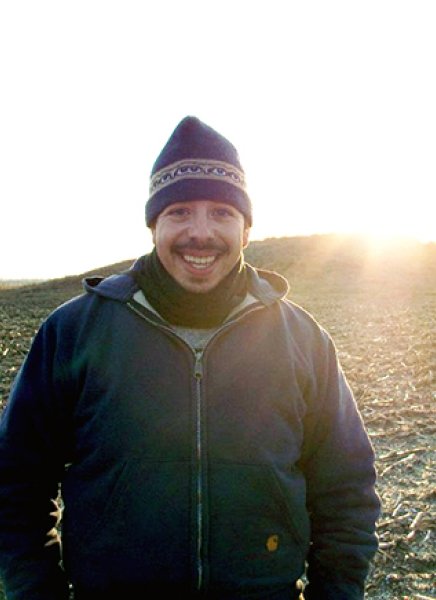

Three or four weeks in Peru and Bolivia altered my perception of who I am, who we are as a culture, and what other people are."
